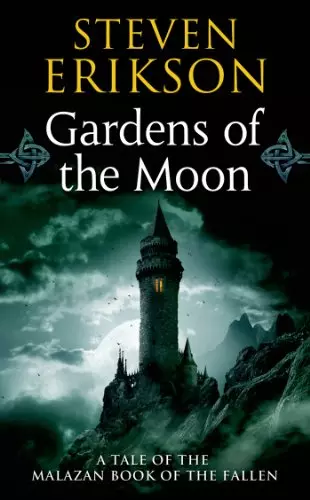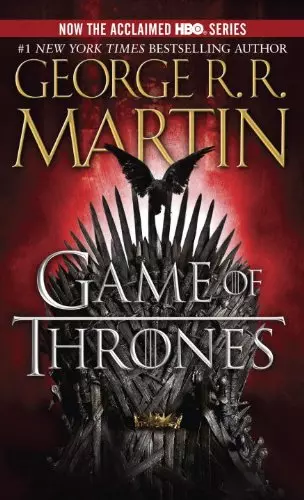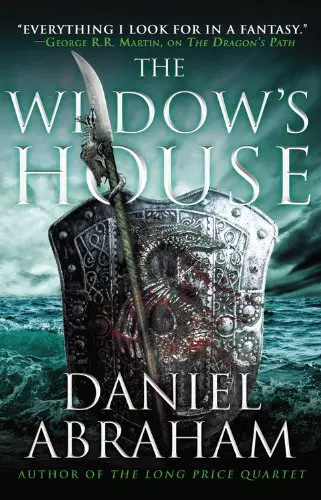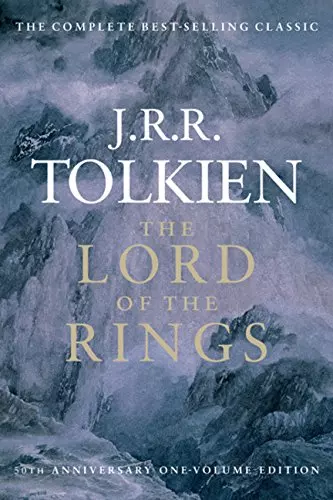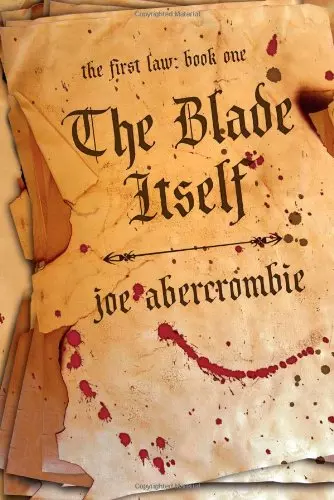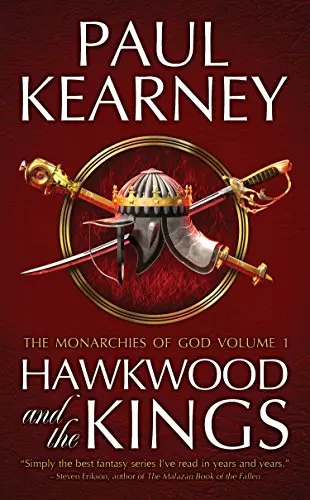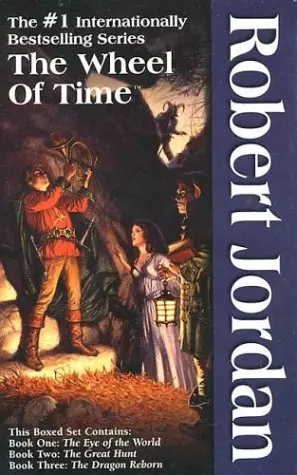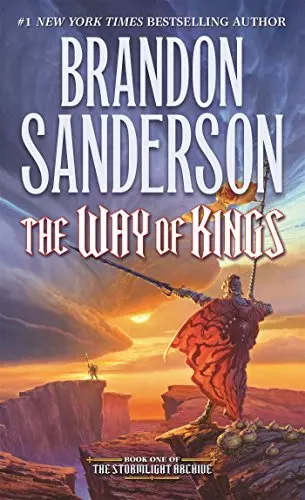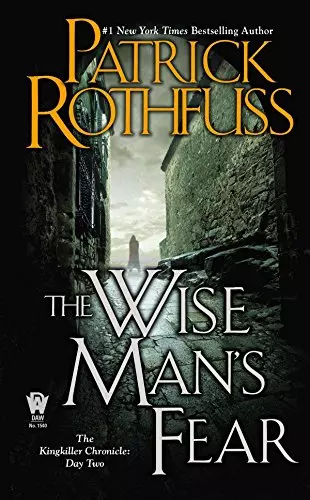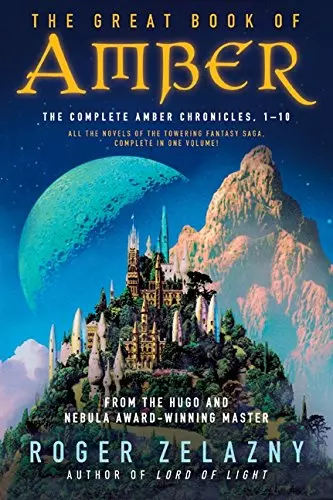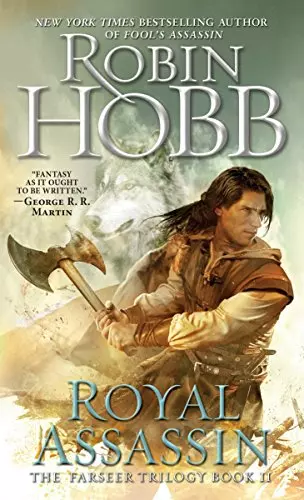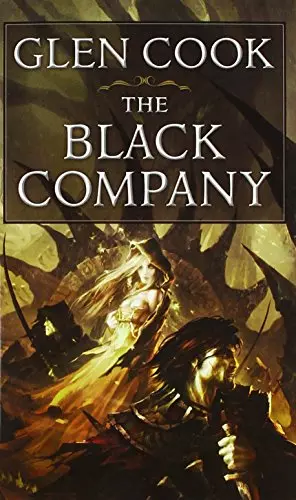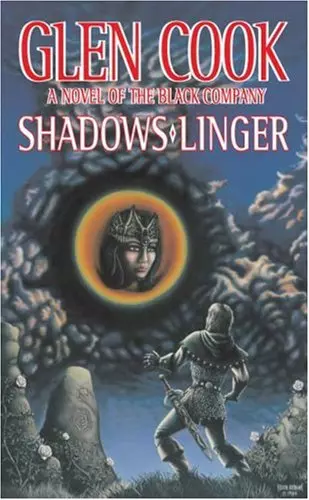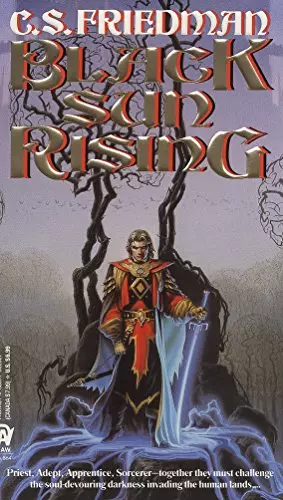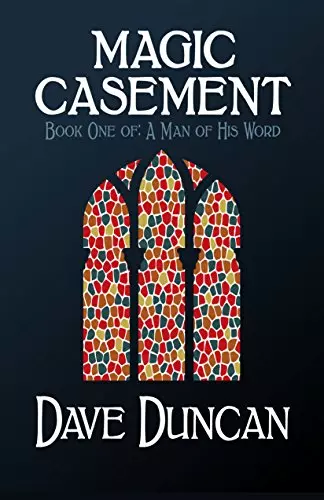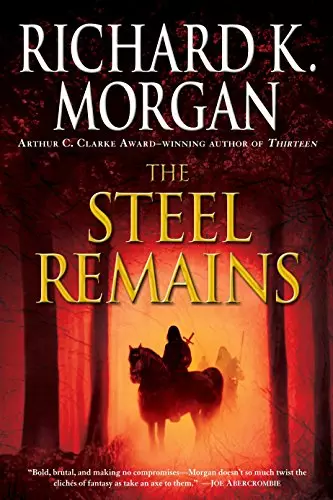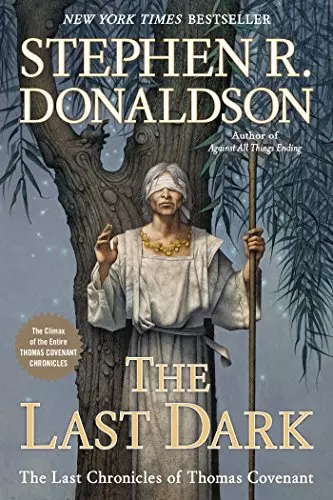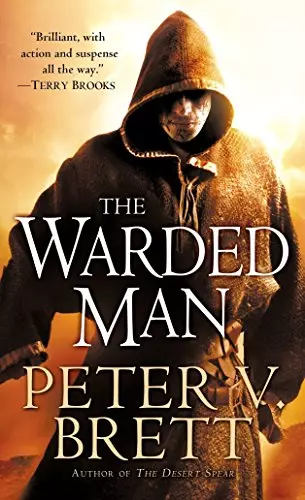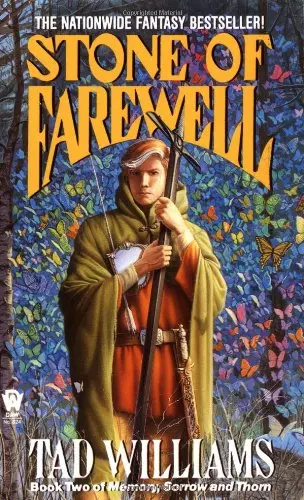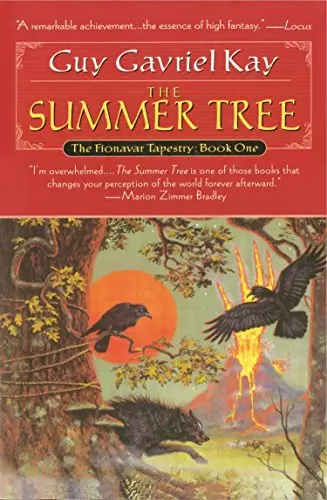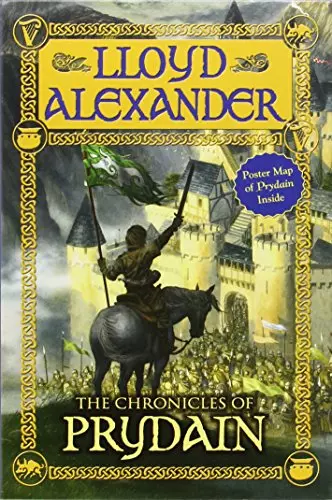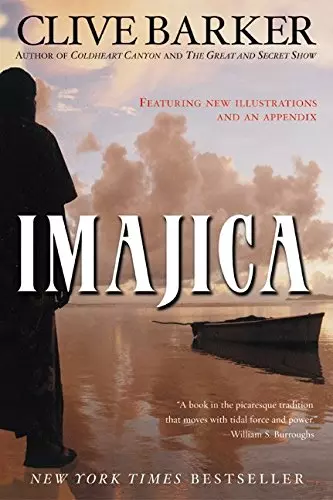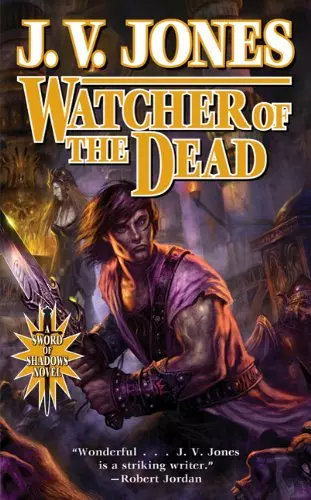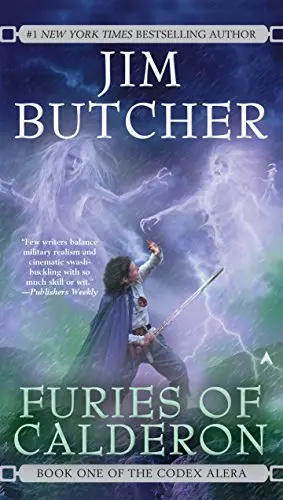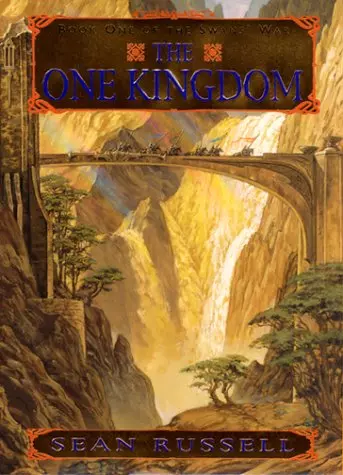Top 50 Best Epic Fantasy
The Absolute Best Epic Fantasy Series
Epic fantasy is arguably the father of all fantasy subgenres. It's also the most popular fantasy genre, with hordes of new epic fantasy books being released each month. Unfortunately, the epic fantasy genre has become cluttered with cliches. It's hard to sort through all the "fat fantasy crap" to find the best in the genre.
What is Epic Fantasy?
Epic Fantasy always includes some nation or world impacting events at play in the story and a hero or cast of heroes who embark on a quest to save it. There's usually an antagonist (villain or villains) who seek to overthrow the current order of things as they are. Another quality of true epic fantasy is the large supporting cast of characters. Epic fantasy usually includes a well-developed magic system. And there's usually an emphasis on heavy world building with different lands, peoples, and cultures.
Check out our Epic Fantasy subgenre page for more information about what defines Epic Fantasy.
I've done my best here to give my recommendations for the best epic fantasy series. These books aren't your usual hackneyed fat fantasy series -- they do something new, or tell a fantastic story, have realistic characters, or exhibit qualities that put them above the rest. Indeed, these are those epic fantasy books that actually deserve to be on the bookshelves or (since we are in 2015) the Kindlestore.
Please keep in mind that I've added EPIC FANTASY to this list -- so fantasy series that don't fit that mold, no matter how good they might actually be, are not included.
Please don't email asking me to add The Dresden Files, Twilight, Vampire Diaries, The Hunger Games or any of those books to the list -- they're not epic fantasy! Epic Fantasy is a very specific kind of fantasy and a term that's often tossed on any fantasy book with a bit of magic, a hero, and maybe a villain. It's much more than that. I suggest you read exactly what epic fantasy really is before reading this list.
About the Rankings (Now Updated 2015)
The rankings are a bit different from the Top 25 List and some of the other lists; this specific list only covers epic fantasy and I evaluate the books and their rankings based on that alone.
Also note that these are what I consider "The Best Epic Fantasy", so I'm intentionally not including epic fantasy like The Sword of Truth, Shannara, Eragon, Forgotten Realms, Dragonlance, RA. Salvatore or David Eddings. Sorry, I don't consider that stuff good enough to make this list by far. You can read my Worst Fantasy commentary for my exact reasoning.
You'll recognize some of the books from other lists, but there are some new picks as well. If you want recommendations that are broader (i.e. just not epic fantasy), check out the Best Fantasy Series list.
Ranked Fantasy Books
Trending Books in Top 50 Best Epic Fantasy
Trending Fantasy Booklists
Best Fantasy Books 2025
The Must-Read Fantasy Releases of 2025 That Fans Are Devouring Worldwide
Top 25 Best Fantasy Books
Love fantasy novels? Hate wasting time reading trash? Then read this definitive guide to the top 25 Fantasy books in the genre.
The Best Sci-Fi Movies
The Best of the Best Science Fiction Movies
Top 10 Sci-Fi Movies That Make You Think
Top 10 Sci-Fi Movies That Make You Think
Top 25 Best Fantasy Audiobooks
The Best Fantasy Audiobooks (Updated 2016)
Best Fantasy Magic Systems Books
Top Best Fantasy Magic Systems Books

